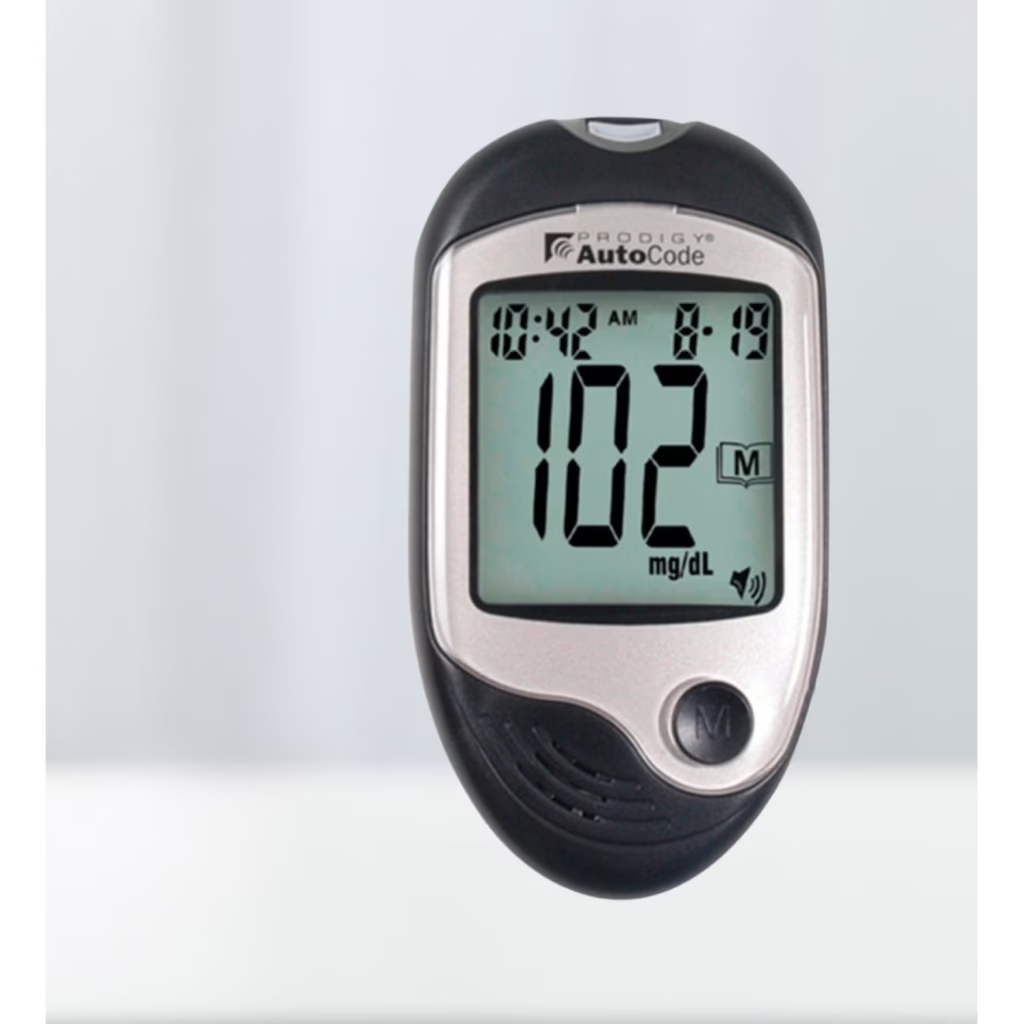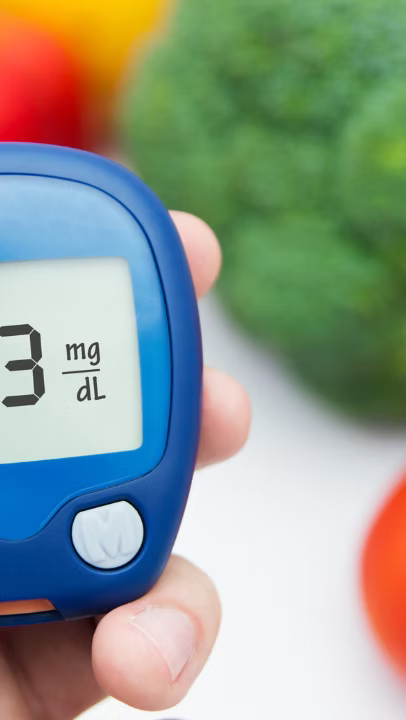👉 Your Diabetes Reversal Journey
Reverse Prediabetes and Keep Type 2 Diabetes at Bay--- without restrictive diets or endless medications
Do You Have Prediabetes?
Prediabetes can be sneaky. You might feel fine, but beneath the surface, your blood sugar levels are higher than normal—putting you at risk of developing type 2 diabetes. The good news? Prediabetes is reversible, and with the right steps, you can take control of your health and prevent diabetes. Let’s start by taking the quiz to assess your risk.

Diabetes Reversal & Long-Term Metabolic Health
Best for: Type 2 diabetes, metabolic syndrome, obesity, long-term change
What You’ll Get:
8 high-touch lifestyle medicine sessions (75 min)
Advanced nutrition for insulin resistance
Structured physical activity for fat loss
Sleep and stress physiology coaching
Risk reduction counseling
Long-term maintenance plan
Results You Can Expect:
Significant A1C improvement
Sustainable weight loss
Reduced medication dependence (with provider oversight)
Skills to maintain results for life
👉 Begin Your Diabetes Reversal Journey

Diabetes Prevention Program
Overview:
This program is designed for individuals at risk of developing type 2 diabetes, aiming to empower them with the knowledge and tools to prevent the onset of the disease. By focusing on personalized nutrition, physical activity, and lifestyle modifications, we guide clients toward sustainable health improvements.
Program Components:
- Personalized Nutrition Plans: Develop customized meal plans that consider individual preferences, cultural backgrounds, and health goals, ensuring they are both enjoyable and effective.
- Physical Activity Guidance: Create tailored exercise routines that align with clients’ fitness levels and interests, promoting regular physical activity as a cornerstone of diabetes prevention.
- Behavioral Coaching: Utilize behavioral science principles to address individual barriers to lifestyle changes, providing strategies to overcome challenges and maintain motivation.
Ideal Client:
Individuals with a family history of diabetes, those with prediabetes, or anyone seeking to make proactive lifestyle changes to reduce their risk of developing type 2 diabetes.
What is the Diabetes Prevention LifeStyle Change Program?
A personalized, science-backed approach to help you lower blood sugar, lose weight, and prevent diabetes—without feeling overwhelmed.
What You’ll Get in This Program:
- 1:1 Coaching & Personalized Support – Get expert guidance tailored to your needs.
- Simple Nutrition & Meal Planning – No extreme diets—just real, sustainable habits.
- Blood Sugar Balance Strategies – Learn how to prevent spikes and keep energy steady.
- Movement That Works for You – Find enjoyable ways to stay active, even with a busy schedule.
- Stress & Sleep Management Tips – Key factors that impact blood sugar and overall health
Take Charge of Your Health Today!
- Lower Your Blood Sugar – Reduce your risk of developing Type 2 diabetes.
- Lose Weight Naturally – Without restrictive dieting.
- Boost Your Energy – No more mid-day crashes or sluggish mornings.
- Feel Empowered, Not Stressed – Take control of your health with confidence.
- Every day you wait, diabetes gets closer. Take action today!
You don’t have to figure this out alone—let’s take this journey together!

What is the Format of the Diabetes Prevention Lifestyle Change Program?
The Diabetes Prevention Group meet for a year – weekly for the first 6 months and then once or twice a month for the second 6 months to maintain healthy lifestyle changes. During each session, your lifestyle coach will teach a lesson and lead a group discussion.
For example, you will learn to:
Eat healthy
Add physical activity to your life
Manage stress
Stay on track when eating out
Understand and respond to your food cues
Stay motivated
Solve problems that can get in the way of healthy changes
Medical Disclaimer

Lorem ipsum dolor sit amet, consectetur adipiscing elit. Ut elit tellus, luctus nec ullamcorper mattis, pulvinar dapibus leo.




